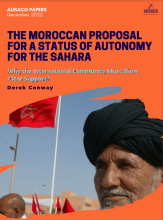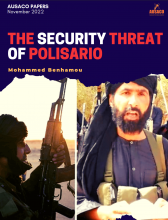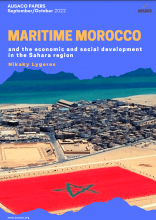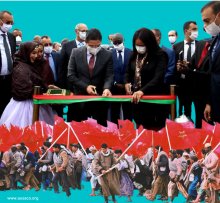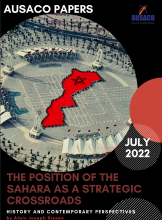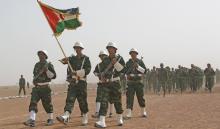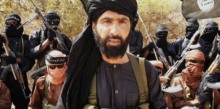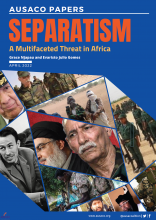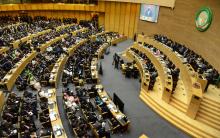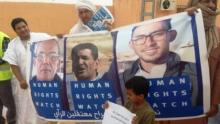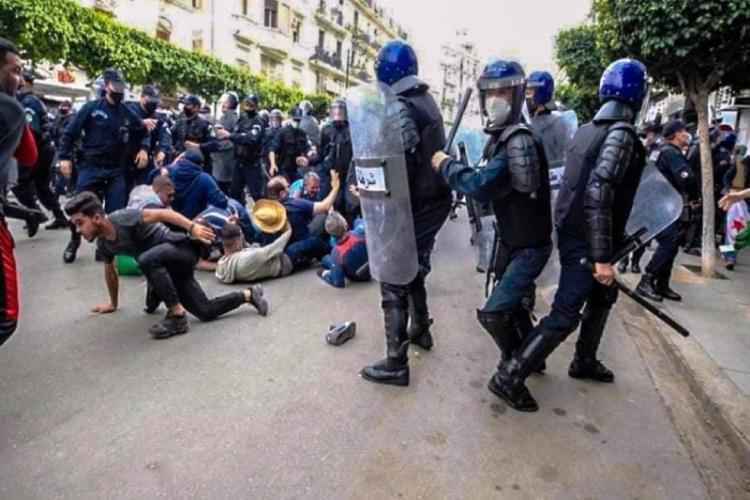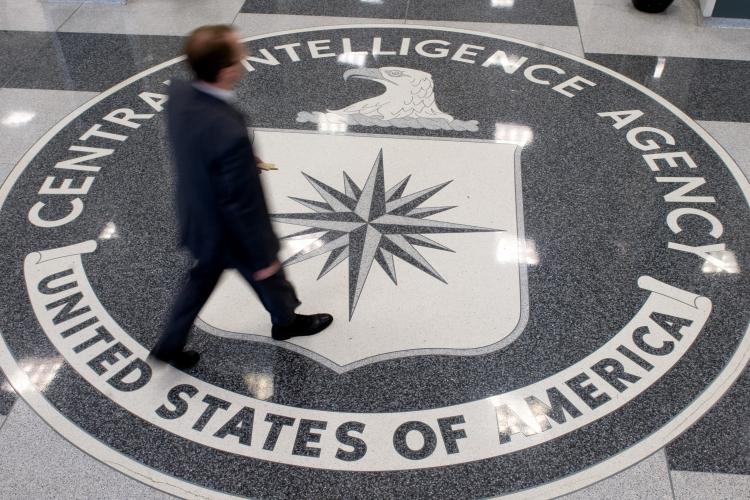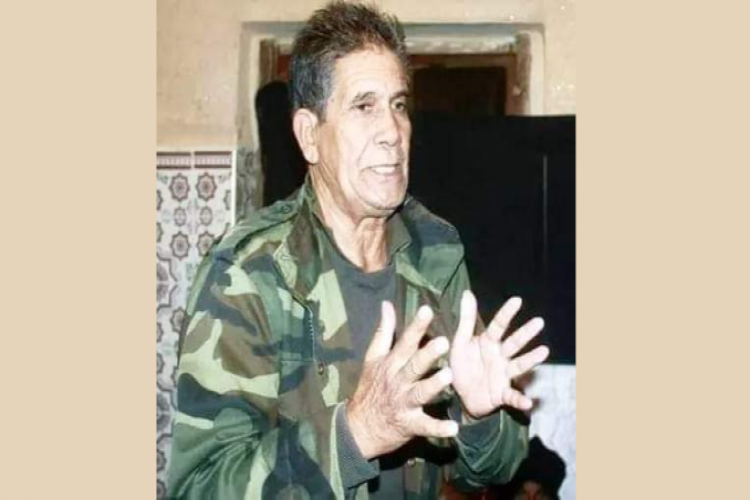The Reasons Why the International Community Must Show Clear Support to the Moroccan Proposal for a Status of Autonomy for the Sahara
admin
Mon, 12/26/2022 - 16:32
The regional dispute over the Moroccan Sahara remains one of the oldest conflicts in contemporary history due to the conflicting interests of the parties to the dispute and hostility to Morocco’s legitimate historical rights over its Sahara.
The Security Threat of “Polisario”
admin
Mon, 12/26/2022 - 15:15
By Mohammed Benhamou
Despite the progress recorded in the past two decades in Africa, the continent remains weakened by the persistence of various intra-state crises and conflicts. Interregional interference, amplified by globalization, promotes the proliferation of new threats that further fuel violence and draw the region into a vicious circle.
Maritime Morocco and the economic and social development in the Sahara region
admin
Tue, 11/22/2022 - 23:28
The concept of territory occupies a fundamental place in international law. Thus, the United Nations Convention on the Law of the Sea[1] December 10, 1982, commonly known as the Montego Bay Convention, codified and established precise rules for the delimitation of maritime spaces for all UN member states, further anchoring the notion of integrity and territorial sovereignty.
MOROCCAN SAHARA: From the Green March to the Opening of the Consulates General in Laayoune and Dakhla
admin
Tue, 10/25/2022 - 15:29
Based on extensive studies, a reading of international sources and references and historical facts, one can only conclude to the right of Morocco to its Saharan territories, the legitimacy of its full sovereignty, and the existence of legal and sovereign ties between the Sultans of Morocco and the Sahara.
The Position of the Sahara as a Strategic Crossroads: History and Contemporary Perspectives
admin
Sat, 08/20/2022 - 14:07
This article emphasizes the position of the Sahara as a strategic crossroads in the web of exchanges between Morocco and Sub-Saharan Africa. It demonstrates Morocco’s pioneers role in the Maghreb through its political, diplomatic and economic leadership.
The Programmed Obsolescence of the “Polisario” Theses
admin
Sun, 07/24/2022 - 10:48
The “Polisario Front” was created by Gaddafi's regime and Algeria in the midst of the Cold War, in 1973, in a world then polarized between the communist bloc and the Western bloc. “Polisario” is a remnant of an ideology that is now defunct, but whose traces are still visible in its outdated approaches to the realities of the current world.
The War on Terror from the Sahara to the Sahel
admin
Sun, 06/05/2022 - 17:05
It is most often customary to limit geographically and chronologically the ongoing fight against terrorism, in the context of the anchoring of jihadist terrorism, to the Western part of the African continent, starting from the 2010-2020 decade.
Separatism : A Multifaceted Threat in Africa
admin
Sun, 05/15/2022 - 15:37
If the focus on Africa issues and challenges is well established, there is one variable in the root causes that did not receive the proper attention from the international and regional organizations dealing with peace and security and related matters: separatism.
THE MOROCCAN SAHARA QUESTION: The Historical significance of the African Union Decision 693
admin
Mon, 03/21/2022 - 21:52
The Humanitarian and Human Rights Dimension of the Regional Dispute on the Sahara
admin
Tue, 02/08/2022 - 20:50
The humanitarian situation in the Tindouf camps, in Algeria, has been frequently misrepresented by scholars interested in the regional dispute on the Moroccan Sahara. While the literature rightly points out the harsh climatic conditions and the difficult humanitarian situation prevailing in the camps, marked by widespread poverty and malnutrition, little is said about the political conditions and the actors that resulted into the displacement of Sahrawi civilians in the camps and their continued presence on Algerian territory in such tragic conditions.

